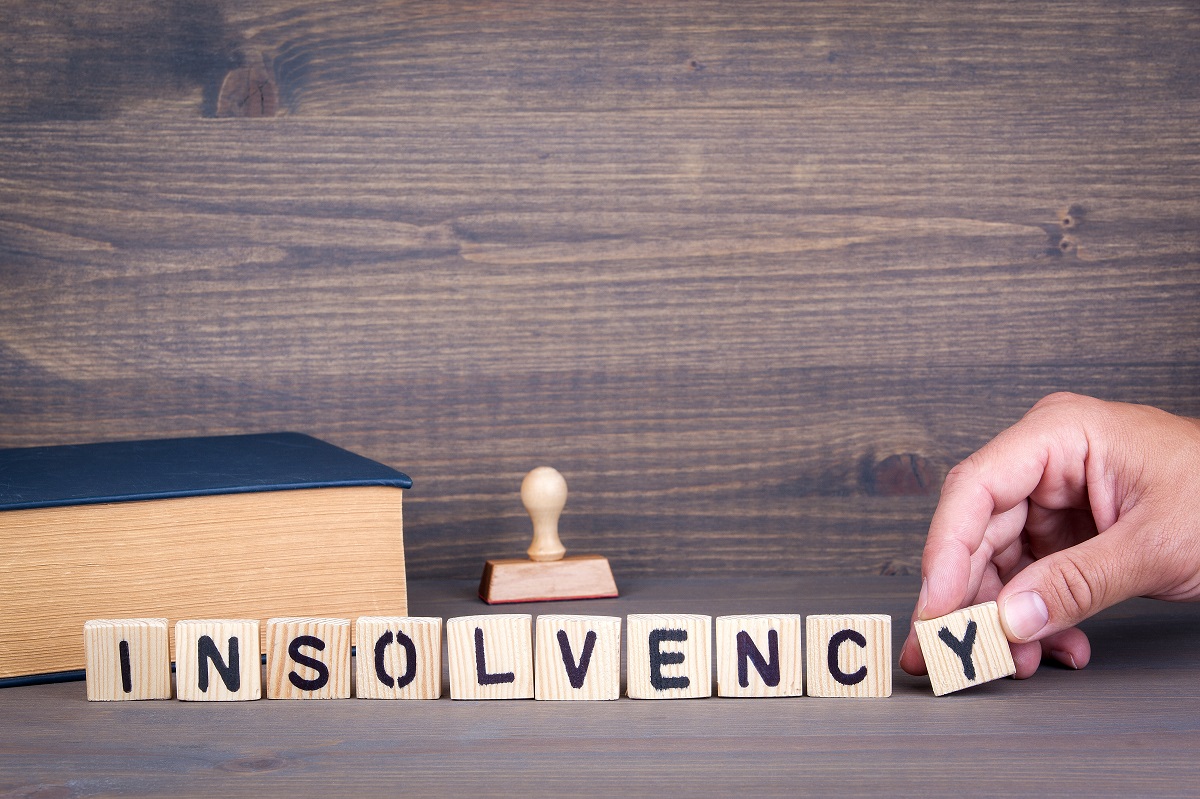5 Simple Techniques For Insolvency Practitioner
5 Simple Techniques For Insolvency Practitioner
Blog Article
The 25-Second Trick For Insolvency Practitioner
Table of ContentsThe Best Strategy To Use For Insolvency PractitionerThe 3-Minute Rule for Insolvency PractitionerThe Best Guide To Insolvency PractitionerThe 3-Minute Rule for Insolvency PractitionerThe smart Trick of Insolvency Practitioner That Nobody is Talking About
Whether you require to make use of an insolvency professional (IP) to liquidate your business relies on various elements. While engaging an insolvency professional for all kinds of liquidation is not a lawful need, doing so can often improve the process and make sure conformity with lawful demands. Liquidating a business is a critical decision that features substantial effects.
It is a procedure used when a firm does not have any kind of financial institutions, or every one of their financial institutions can be repaid in complete with legal interest. Understanding the different kinds of insolvency procedures can assist you determine the most effective strategy for your firm's liquidation or various other formal insolvency treatments itself.
This is necessary in order to stick to legal requirements - Insolvency Practitioner. This is because IPs have the required qualifications and experience to make certain that the liquidation procedure is performed based on all appropriate laws and policies. By involving a qualified bankruptcy specialist, you can have tranquility of mind understanding that your company's liquidation procedure will be handled expertly and in compliance with the relevant legal requirements
Insolvency Practitioner for Beginners
The bankruptcy professional is assigned as a liquidator and is accountable for taking care of the company and liquidator's debts outstanding responsibilities and possessions. This process involves offering off the company's properties and distributing the proceeds to lenders. Upon conclusion of the process, the firm is eliminated from the register at Companies Home.
Failing to do so can result in personal responsibility for the firm or supervisor for the financial institution's debts. Voluntary liquidation, which includes Financial institutions' Voluntary Liquidation (CVL) and Members' Voluntary Liquidation (MVL), is initiated by the business's directors and investors when they can no longer pay their financial obligations. In a CVL, the insolvency professional is assigned as the liquidator, in charge of handling business debts and all company properties.

Some Known Details About Insolvency Practitioner
By evaluating the experience and experience of prospective insolvency practitioners, you can make sure that you choose a specialist that possesses the essential certifications to manage your business's liquidation procedure successfully. While insolvency practitioner-led liquidation is usually one of the most appropriate training course of activity for business facing bankruptcy, there are different techniques to think about, such as striking off and partial liquidation.
It's crucial to assess all readily available choices prior to choosing the following best option or course of action for your business. Look At This Striking off firms' registers is an extra straightforward and affordable way to shut inactive or small business without financial debts or assets. To strike off a business, its name is gotten rid of from the Companies Home register by submitting kind DS01.
Prior to selecting striking off, it's vital to weigh the advantages and downsides of this method and think about whether it's the appropriate option for your organization. Partial liquidation is another alternative to insolvency practitioner-led liquidation, in which a firm sells off particular possessions and obligations while remaining to operate with the continuing to be properties and liabilities.
An Insolvency Professional will certainly be able to recommend you of the most effective strategy to take and guarantee that every little thing runs efficiently. It is not possible to liquidate a firm without a liquidator. Selecting an authorized bankruptcy practitioner is required for the process of voluntary liquidation to begin.
Insolvency Practitioner - The Facts
It is feasible to close and liquidate your company Related Site without making use of a liquidator, provided your firm is solvent and you fulfill the eligibility needs to liquify or liquidate it. If your business is bankrupt, you may be required to make use of a liquidator and start official insolvency treatments. Right here are some other useful articles pertaining to company liquidation in the UK:.
Remaining in a setting where you're unable to pay your business's creditors is very demanding. In an attempt to avoid boosting the degree of debt, numerous companies try to bargain directly with their creditors and accept a casual arrangement. If the financial obligation is rather tiny and owed to one creditor, and the financial institution is being cooperative, becoming part of an casual debt plan is possibly the best option, as opposed to searching the web for 'a bankruptcy specialist near me'.
On the various other hand, if there are numerous financial institutions and the degree of financial debt is large, lenders might not go now be so prepared or participating. In order to stay clear of liquidation or insolvency, it is much better to hire an insolvency professional to create formal proposals and discuss with creditors on your behalf.
Top Guidelines Of Insolvency Practitioner
Whilst it is a way to handle debt, there are substantial risks included with this kind of financial obligation setup - Insolvency Practitioner. If a financial institution wants to become part of an informal arrangement (IA) wherein the debtor has accepted make normal, if reduced, payments to settle the financial debt, it is necessary to stay with the agreement

The creditor is within their civil liberties to back out of the contract and petition the courts for your firm to be sold off at any time. An official setup that has been proposed by a bankruptcy specialist on your behalf, and concurred by a lender, provides a much more secure choice.
Report this page